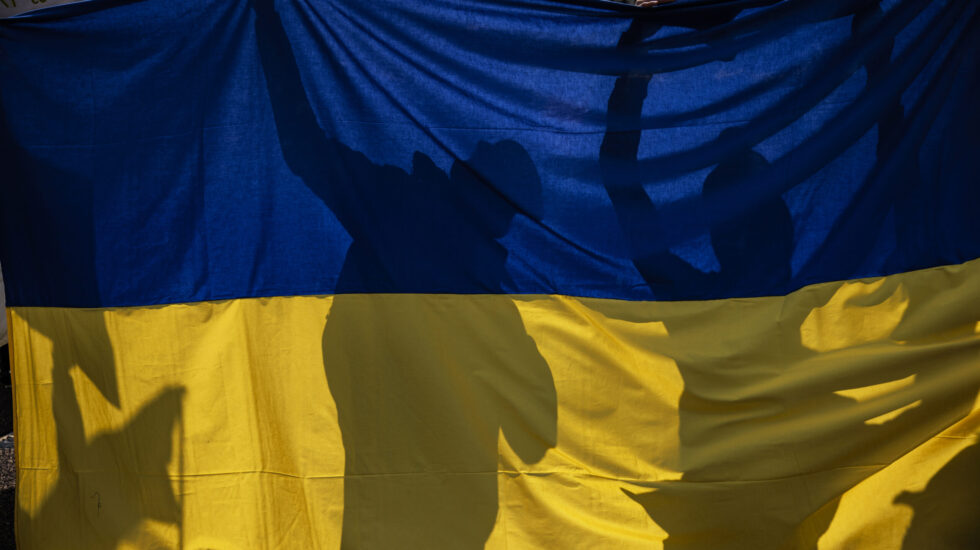When a bully picks a fight with a smaller opponent, it’s not enough that he wins. He has to dominate. Otherwise, his reputation will be diminished.
That appears to be the dynamic in Ukraine, where the mighty Russian military – eight times larger than its opponent’s – has stumbled through two weeks of war.
Experts still believe that Russia’s massive advantage in manpower, combined with its ruthless terror tactics, will eventually overwhelm the plucky Ukrainian resistance. But Russia could become vulnerable to the type of slow bleed that has felled super powers in South East Asia and the Middle East. And as Russia’s violent campaign sputters long past its expected timetable, the country’s economy will be drained by sanctions. In other words, Putin could win a war but lose his country.
Already, his military has lost its mystique. The New York Times reports:
Militaries in Europe that once feared Russia say they are not as intimidated by Russian ground forces as they were in the past….
…“Today what I have seen is that even this huge army or military is not so huge,” said Lt. Gen. Martin Herem, Estonia’s chief of defense, during a news conference at an air base in northern Estonia with Gen. Mark A. Milley, the chairman of the U.S. Joint Chiefs of Staff. General Herem’s colleague and the air force chief, Brig. Gen. Rauno Sirk, in an interview with a local newspaper, was even more blunt in his assessment of the Russian air force. “If you look at what’s on the other side, you’ll see that there isn’t really an opponent anymore,” he said.
Russia’s military failures have been brewing for a long time, the product of both corruption and poor leadership.
“The Kremlin spent the last 20 years trying to modernize its military,” tweeted Andrei Kozyrev, Russia’s foreign minister from 1990 to 1996. “Much of that budget was stolen and spent on mega-yachts in Cyprus. But as a military advisor you cannot report that to the President. So they reported lies to him instead. Potemkin military.”
The Times adds that many Russian soldiers invaded Ukraine with MREs (meals ready to eat) that expired in 2002. In addition, reports have emerged that Russia’s encrypted communications have failed, allowing Ukrainian intelligence to easily intercept strategy calls and anticipate troop movements.
But Russia’s military communications aren’t just compromised by technical problems. Military experts say the system is too centralized, forcing soldiers on the ground to wait for senior leaders to weigh in on even small decisions.
No wonder, then, that Russian troop morale is extremely low. Many soldiers are still teens, conscripted into a war they weren’t ready to fight. The fierce Ukrainian resistance has surprised the world, but it has especially surprised Putin’s troops, who are paying for his mistakes with their lives.



